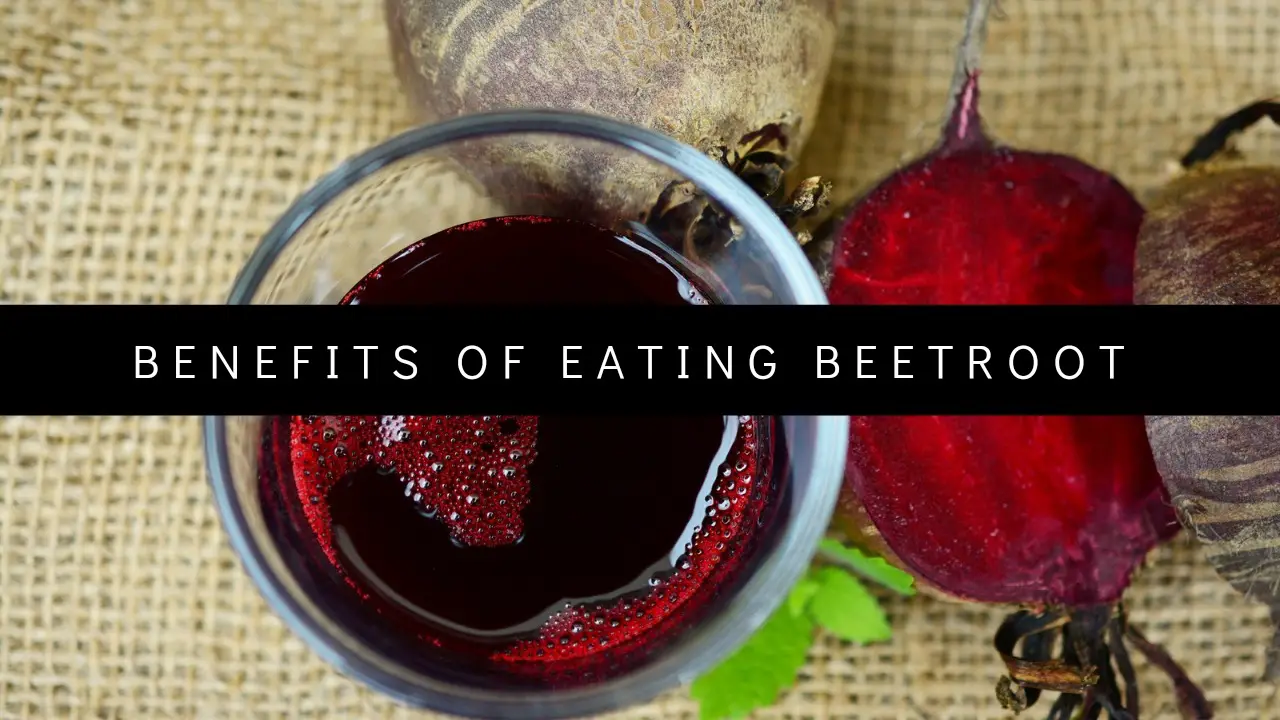Does it help resolve Anemia? Anemia is a condition characterized by a deficiency in the number or quality of red blood cells or hemoglobin, which impairs the blood’s ability to carry oxygen to the body’s tissues.
Symptoms of anemia include fatigue, weakness, shortness of breath, and pale skin.
Nutritional deficiencies are among the common causes of anemia, particularly deficiencies in iron, vitamin B 12, and folate.
Anemia and Nutrition
Iron-Deficiency Anemia: This is the most common type of anemia and occurs when there is not enough iron in the body to produce hemoglobin. Hemoglobin is the protein in red blood cells that carries oxygen. Sources of dietary iron include red meat, poultry, seafood, beans, dark leafy greens, and iron-fortified cereals.
Vitamin-Deficiency Anemia: This type encompasses deficiencies in vitamins that are crucial for red blood cell production and health. The most common deficiencies leading to anemia are:
- Vitamin B12 Deficiency Anemia : Vitamin B12 is necessary for the production of red blood cells. A deficiency can result from poor dietary intake, or malabsorption issues.
- Folate (Vitamin B9) Deficiency Anemia: Folate is also essential for red blood cell production. Deficiency can result from inadequate dietary intake, malabsorption, certain medications, or increased need during pregnancy. Good sources of folate include leafy green vegetables, fruits, nuts, beans, and fortified cereals.
Beetroot and Anemia
Beetroot is a common presumed natural remedy for anemia, and there is some basis for this claim, although it is not a cure-all.
- Iron Content: Beetroot contains some iron, though not in very high amounts compared to other iron-rich foods like red meat . However, the iron in beets is non-heme iron, which is less easily absorbed by the body compared to heme iron from animal sources.
- Nitrate and Blood Flow: Beetroot is rich in nitrates, which the body converts into nitric oxide. This can help improve blood flow and may indirectly support better oxygen transport and nutrient delivery throughout the body.
- Antioxidants and Folate: Beets are rich in antioxidants and a good source of folate, which can help support overall health and red blood cell production.
There is no strong scientific evidence to suggest that beetroot alone can resolve anemia, especially severe cases. While beetroot can contribute positively to a diet that supports overall health and potentially help with mild cases of anemia due to its iron and folate content, it should not be considered a standalone treatment.. Effective treatment for anemia typically requires addressing the specific nutritional deficiency causing the condition, often through dietary changes and supplementation.
To use beetroot effectively to improve blood health, you can incorporate it into your diet in various forms.
Here are some practical ways to do so:
1. Beetroot Juice: Wash, peel, and chop the beetroots. Blend them with a bit of water until smooth. Strain the juice if you prefer it without pulp. Drink it fresh, Start with about 250 ml (8 ounces) of beetroot juice per day and you can gradually increase the amount based on how your body responds. You can blend them together with other fruits that are rich in vitamin C to boost iron absorption.
2. Raw Beetroot Salads: Grate or thinly slice raw beetroot and add it to salads. Combine with greens, nuts, or Slice beetroots into sticks and eat them raw with a dip like hummus.
3. Cooked Beetroot: Cook beetroot by boiling or steaming until tender. You can then use them in salads, side dishes.
4. Beetroot Powder Smoothies: Add beetroot powder to smoothies for a quick nutrient boost Or Incorporate beetroot powder into baked goods like muffins or pancakes.
5. Beetroot Soup : Can be enjoyed hot or cold. This soup often includes other vegetables and can be seasoned to taste.
Tips for Maximizing Benefits
- Combine with Vitamin C: Pair beetroot with foods high in vitamin C (like citrus fruits, strawberries, or bell peppers) to enhance iron absorption.
- Consistency: Regular consumption is key. Try to include beetroot in your diet several times a week for best results.
- Hydration: Stay well-hydrated, especially if you’re consuming beetroot juice, to help your body process the nutrients effectively. Be aware that beetroot can cause a harmless condition where your urine and stool may turn a reddish color.
Oxalates: If you have a history of kidney stones, consult with a healthcare provider before significantly increasing your beetroot intake, as it contains oxalates which can contribute to stone formation in susceptible individuals.
Incorporating beetroot into your diet in these ways can help improve blood flow, support red blood cell production, and enhance overall cardiovascular health.
Discover more from Simple Nutrition
Subscribe to get the latest posts sent to your email.



